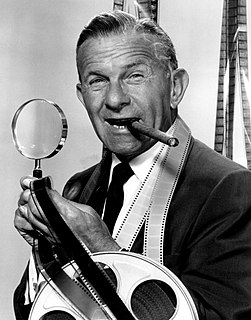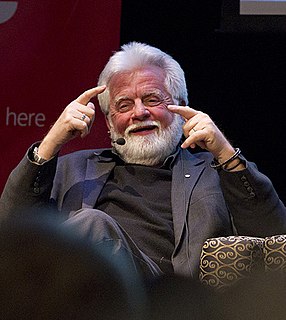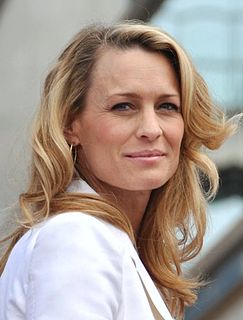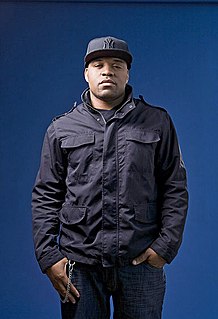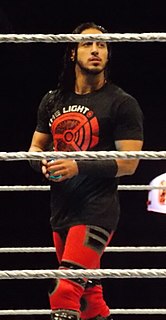A Quote by Pratik Gandhi
I want to be in a space where, if I appear on the stage or the screen, the audience should not know what I'm going to do.
Related Quotes
Normally classical music is set up so you have professionals on a stage and a bunch of audience - it's us versus them. You spend your entire time as an audience member looking at the back of the conductor so you're already aware of a certain kind of hierarchy when you are there: there are people who can do it, who are on stage, and you aren't on stage so you can't do it. There's also a conductor who is telling the people who are onstage exactly what to do and when to do it and so you know that person is more important than the people on stage.
I can feel how an audience is reacting when I'm on a stage, but when you are on stage, your perception is distorted. That's something you just have to know. It's like pilots that fly at high Gs and they lose, sometimes, consciousness and hand/eye coordination and they just have to know that that's going to happen. They have to be trained to not try to do too much while they are doing that. So when you are on stage, you have to be aware that you are wrong about how it feels a lot of times.
For a young cartoonist, they have to get going on the web, because that's where everybody goes for their information. And it really works. If you look at a cartoon on a computer screen, it really jumps and can be quite effective. I draw cartoons now, not how it will appear in the newspaper, but how it will appear on the screen. I think most of us do. Now the challenge is to make it move and animate it in a very fast, quick way.
Oftentimes, when we think of 3D, we think of things coming out of the screen, but actually, you've got this zero, this negative space, what they call the negative space, which is the scene, what's being filmed in the positive space of the audience. As you can have things come out, you can have all of this depth.


